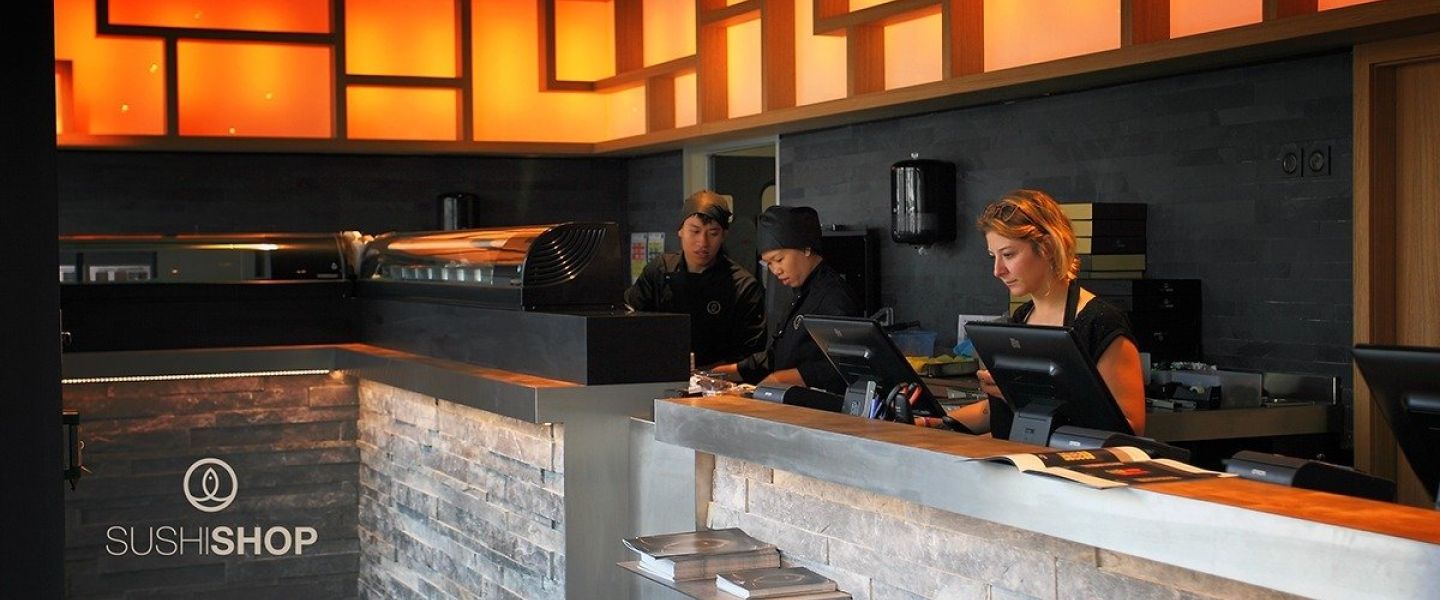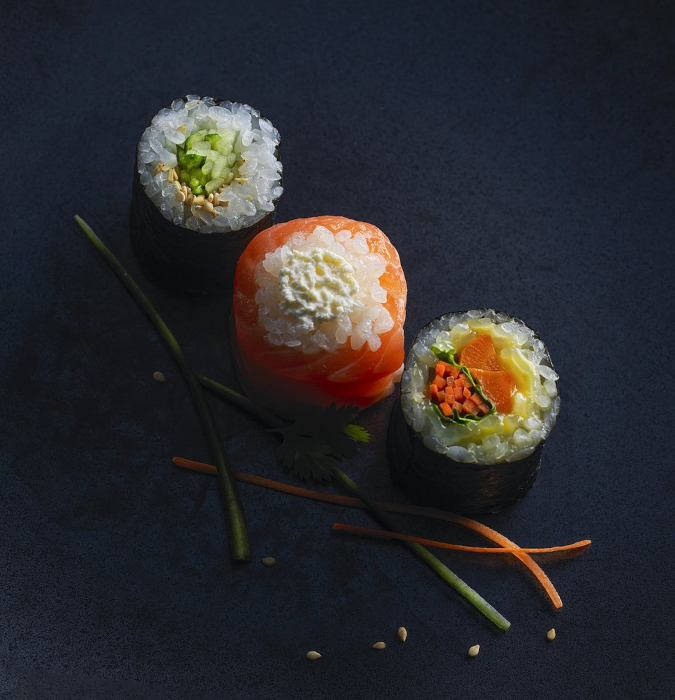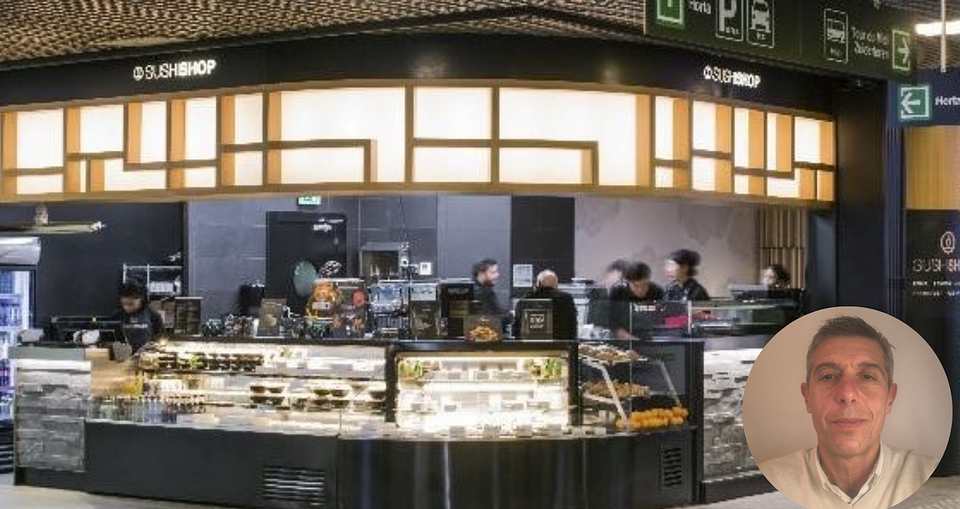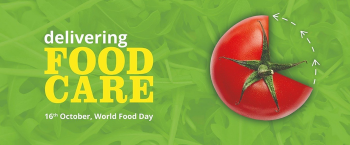

There are lots of opportunities. A look ahead at Sushi Shop’s UK expansion
Is the UK the right market for Sushi Shop?
Yanni Spitadakis: The UK has a lot of potential, particularly in the sushi segment, which is not as crowded as, for example, pizzas and burgers. There are lots of opportunities brought about by there being room in the market to grow.
There are lots of opportunities to find the right locations and the right price at the moment. I believe that Sushi Shop has the scope to become a powerful national brand in the UK.
What does Sushi Shop offer that other solutions do not?
YS: We are offering a very unique product, that is our biggest weapon. Nobody else out there does gourmet sushi delivered to your door. In the last 9 months we have seen an almost one-third increase in sales, especially from the delivery aspect of the business. Things are changing, the market is changing, people are changing the way they eat, they are adapting to the new circumstances. By operating a flexible model like Sushi Shop, we have managed to capitalise on that.
You are already in London – do you want to grow further in the capital, or are you looking at locations beyond?
Currently we are operating across five sites in London. However, we believe we could be similarly successful in many places – take thriving cities like Brighton and Oxford or communities like Sevonoaks in Kent. There is no one doing anything like we do. You can find sushi operators but, crucially, they are not gourmet sushi operators. This is why the opportunity is there. It’s an ideal time to secure strategic locations at the right price – even five years ago this was not the case. Now is the right time for someone to invest.
How do you choose the locations in London and other cities in the UK?
YS: We are targeting the top 20% of the market. Our product is premium and therefore basket values are relatively high. But moreover, we have robust systems which support every operation. If someone wants to come and invest now with Sushi Shop, they will get the right support. They can be their own boss and run a successful business.
In terms of where Sushi Shop thrives, we generally target residential areas. 65-70% of our business is delivery. On top of that, there is a huge shift at the moment with people working from home instead of the office. Many restaurants are also closed at the moment, and people are looking for something premium. That’s why they are coming to us.
How is Sushi Shop anticipating further trends in delivery?
YS: Our shops are equipped to operate on three different modules: delivery, takeaway and on-site. Whatever the trend is in the market, we are prepared to adapt. For example, when it is raining, we know that delivery will increase and we prepare for that. When it is sunny, we know that the delivery will drop but the takeaway and on-site will increase and we prepare for that. We are able to optimise our offer. If something completely new arises, we will be able to adapt to that too.
Sushi Shop is very focused on customer data. How do you use that to optimise performance of a restaurant?
YS: We use data at every stage of our business. We do a sales analysis per day, per week, per month. For example, every shop has a forecast based on historical sales. So they know for example that if the weather is sunny, they will know the sales they will get. The forecast will be there.
With high frequency and volatility of orders, how do you avoid food waste?
YS: Because the product is fresh and many orders are made to order, there is very little waste. We do small batches of products often, rather than large batches a couple of times per day. This minimises waste and increases the quality of the product.

How do you ensure the product is premium?
YS: There are two main ingredients - salmon and tuna. Our tuna is longline caught tuna in the Pacific. It is caught, frozen, and then comes to the UK. Our salmon comes from the Shetland Islands. We used to use salmon from Norway, but that was too mass produced. We prefer to go for the Scottish salmon. Yes, it’s pricier, but we can guarantee the quality support the UK economy as well.

What drives you to succeed?
YS: Everything we do is aimed for customer satisfaction. We need to be better than everybody else. Our product needs to be better, our service needs to be better. This is what drives us and our franchisees. Without our customers we have nothing.
there-are-lots-of-opportunities

